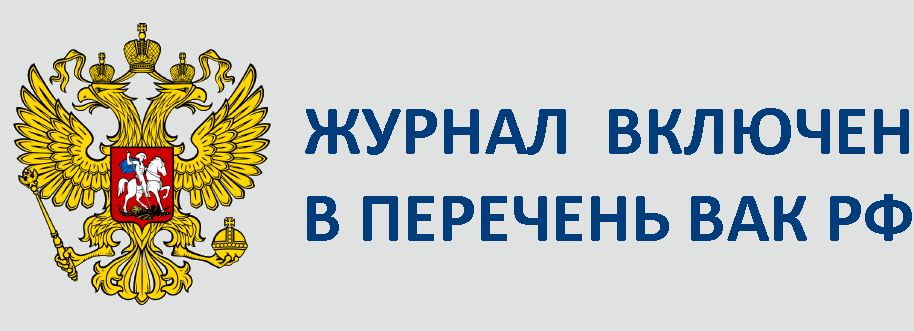№4-2022-15
УДК 94, 271.5
DOI: 10.22281/2413-9912-2022-06-04-129-136
Федин А.В., Жигунова И.И.
«БАЛАНС АМЕРИКАНСКОГО КОНТИНЕНТА»:
ПОЛИТИКА ИРОКЕЗСКОЙ ЛИГИ В КОНТЕКСТЕ АНГЛО-ФРАНЦУЗСКИХ КОЛОНИАЛЬНЫХ ПРОТИВОРЕЧИЙ В СЕВЕРНОЙ АМЕРИКЕ В 1713-1744 ГГ.
Ирокезская Лига была ключевым фактором международных отношений в регионе североамериканского Вудленда в XVII-XVIII вв. В результате так называемых Бобровых войн, ирокезы заняли доминирующее положение среди других племен и оказывали серьезное влияние на политику колониальных держав на континенте. В 1713-1744 гг., в условиях формального мира, Англия и Франция стремились обеспечить своё превосходство в регионе, используя в качестве основного инструмента Лигу Ирокезов. Возникла сложная система взаимовлияний и противоречий в сфере контроля над мехоторговыми коммуникациями, доминирования над различными индейскими народами и альянсами, территориальной и военной экспансии, в которой сталкивались интересы колониальных держав и Ирокезской Лиги. Как для Англии, так и для Франции было крайне важно любым способом привлечь ирокезов на свою сторону в их колониальном противостоянии для обеспечения первенства в регионе. В результате усилий европейских дипломатий и сложных этнополитических процессов, переживаемых Ирокезской конфедерацией, на рубеже 40-50-х гг. XVIII в. происходит фактический раскол Лиги, и в начавшейся серии англо-французских военных конфликтов, ирокезы выступили на стороне обеих противостоящих держав.
Ключевые слова: Ирокезская лига, Новая Франция, Нью-Йорк, Пенсильвания, Монреальский договор, Утрехтский мир, колониальные противоречия в Северной Америке, территориальная и военная экспансия.
Fedin A.V., Jigunova I.I.
«THE BALANCE OF THE AMERICAN CONTINENT»: THE POLITICS OF THE IROQUOIS LEAGUE IN THE CONTEXT OF THE ANGLO-FRENCH COLONIAL CONTROVERSY IN NORTH AMERICA, 1713-1744
The Iroquois League was a key factor in international relations in the North American Woodland region in the seventeenth and eighteenth centuries. As a result of the so-called Beaver Wars, the Iroquois gained a dominant position among other tribes and exerted serious influence on the policies of the colonial powers on the continent. Between 1713 and 1744, under conditions of formal peace, England and France sought to secure their supremacy in the region, using the Iroquois as their main tool. A complex system of mutual influences and contradictions in the control of fur-trade communications, dominance over various Indian peoples and alliances, and territorial and military expansion emerged, in which the interests of the colonial powers and the Iroquois League clashed. For both England and France, it was essential to get the Iroquois on their side in any way possible in their colonial confrontation to ensure supremacy in the region. As a result of European diplomatic efforts and complex ethno-political processes experienced by the Iroquois confederation, the League actually split at the turn of the 40-50s of the 18th century, and in the series of Anglo-French military conflicts that began, the Iroquois came out on the side of both opposing powers.
Keywords: Iroquois League, New France, New York, Pennsylvania, Treaty of Montreal, Peace of Utrecht, The colonial controversy in North America, territorial and military expansion.
Брянский государственный университет имени академика И.Г. Петровского (Россия)
Academician I.G. Petrovskii Bryansk State University (Russia)
Это произведение доступно по лицензии Creative Commons «Attribution-ShareAlike» («Атрибуция — На тех же условиях») 4.0 Всемирная







